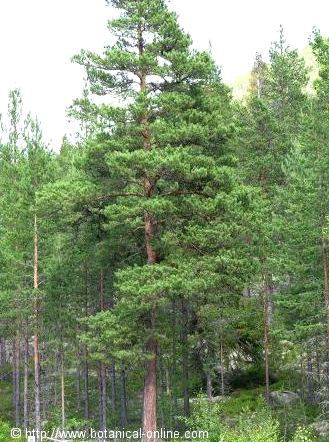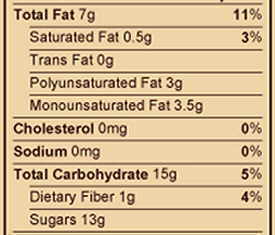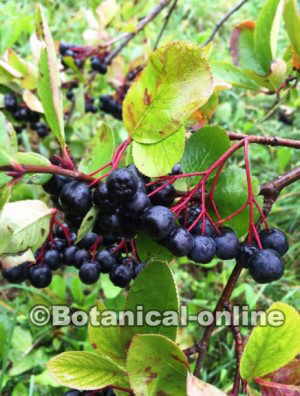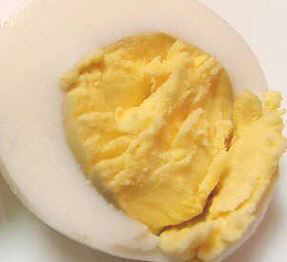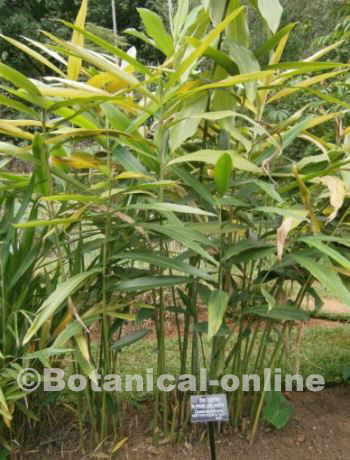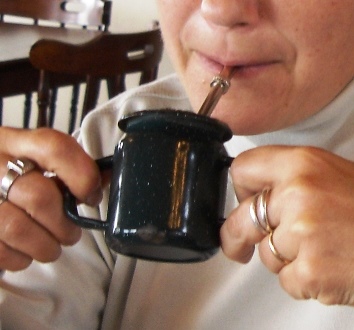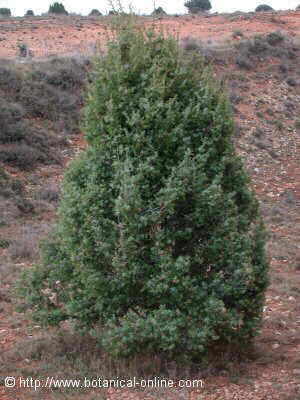Contents
WHEN YOU SHOULD NOT TAKE ALFALFA
What is alfalfa?
Alfalfa (Medicago sativa) is a perennial herbaceous plant, found in almost all temperate regions of the planet. It is mainly considered an excellent fodder plant as it one of the plants that produces more protein per hectare.
In phytotherapy, this plant is used for its appetizing, digestive, antiscorbutic, hemostatic and circulatory properties.
It is a remedy for cholesterol for menopausal symptoms, for wounds, nosebleeds and hemorrhoids.
It’s a good vulnerary remedy prescribed to treat insect bites.
Is alfalfa completely safe?
Although, alfalfa is not considered a toxic plant it has significant contraindications and side effects that everybody who wants to use it must know.
* More information on the toxicity and side effects of alfalfa in the listing below.
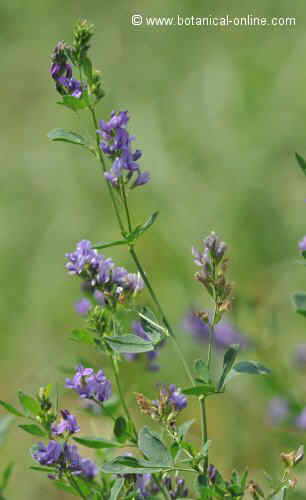 Photo of alfalfa. General aspect of the plant
Photo of alfalfa. General aspect of the plantWhat are the contraindications of alfalfa?
– Pregnancy: alfalfa has estrogenic effect and its use is not safe during pregnancy.
– Autoimmune diseases: people with autoimmune diseases, such as lupus, arthritis or multiple sclerosis disease, should avoid alfalfa leaves and seeds or alfalfa sprouts. The whole plant (leaves and seeds) contain canavanine, a component that can trigger outbreaks.
– People with compromised immune systems: It is recommended that people with compromised immune system such as the elderly, people with AIDS or people with infections, avoid using fresh or dried plant. This is a preventive remedy, as, sometimes, the plant is contaminated by bacteria.
Studies refer that alfalfa sprouts may contain Listeria monocytogenes. The leaves of the plant may have Bacillus cereus and Aerobic mesophilic .
– Treatment with corticosteroids: Alfalfa can interfere with medication with corticosteroids. Avoid alfalfa if you are being treated. Nor should take it people who have been transplanted.
– Gout or uric acid: alfalfa contains purines, substances that foster uric acic accumulation in the body and can cause gout that produces severe pain.
– Anticoagulants: coumarin and vitamin K can interfere with the effect of other plants or anticoagulant drugs such as warfarin.
![]() More information about alfalfa.
More information about alfalfa.

